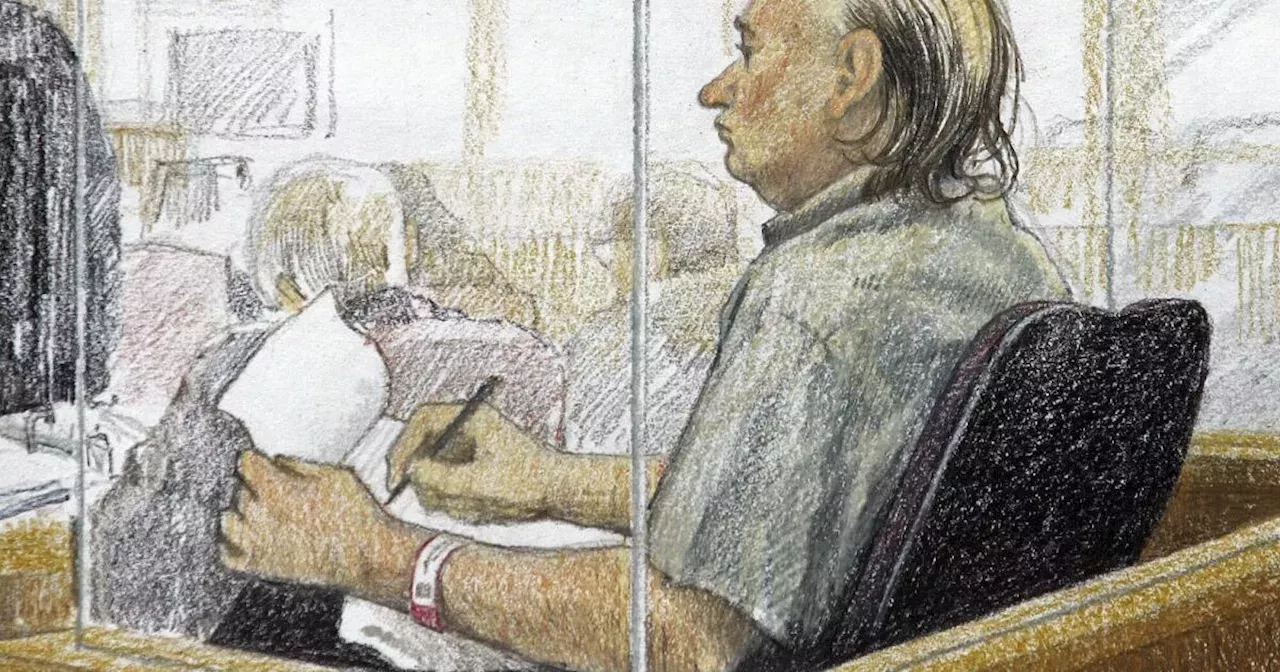The Investigation and Trial of Robert Pickton

Robert Pickton’s arrest on February 22, 2002, marked the culmination of a complex and challenging investigation. The investigation, led by the RCMP’s Project E-PANA, began in 1997 after several women from Vancouver’s Downtown Eastside disappeared. The investigation quickly focused on Pickton’s pig farm in Port Coquitlam, British Columbia, where police discovered human remains and DNA evidence linking Pickton to the missing women.
Challenges Faced by Law Enforcement
The investigation into Robert Pickton’s crimes presented numerous challenges for law enforcement. The vast size of Pickton’s property, the gruesome nature of the crimes, and the lack of cooperation from Pickton himself all hindered the investigation. Additionally, the investigation was complicated by the fact that many of the victims were marginalized women who had little contact with family or friends, making it difficult to track their movements and establish a timeline of events.
The Trial, Robert pickton
Robert Pickton’s trial began in January 2007 and lasted for six months. The trial heard from over 200 witnesses, including forensic experts, police officers, and survivors of Pickton’s attacks. The prosecution presented a mountain of evidence against Pickton, including DNA evidence, witness testimony, and physical evidence from his farm. Pickton pleaded not guilty to all charges, but the jury found him guilty of six counts of second-degree murder and one count of attempted murder. Pickton was sentenced to life in prison with no possibility of parole for 25 years.
Robert Pickton, the infamous serial killer from British Columbia, Canada, whose gruesome crimes shocked the nation, has been a topic of fascination and revulsion. His case has been compared to that of other notorious serial killers, including Ted Bundy and Jeffrey Dahmer.
In contrast to the upcoming UFC 302 card , which promises an exciting spectacle of martial arts prowess, Pickton’s crimes are a grim reminder of the darkness that can lurk beneath the surface of seemingly ordinary lives.
Robert Pickton, a notorious serial killer, left a chilling legacy that continues to haunt the Canadian psyche. His crimes, targeting marginalized women, cast a dark shadow over the country. In contrast, Deontay Wilder, a renowned boxer, has amassed a staggering career earnings that reflect his exceptional talent and unwavering determination.
Yet, as we reflect on Pickton’s heinous acts, we are reminded that the shadows of violence can linger long after the perpetrators are gone.
Robert Pickton, the infamous serial killer from British Columbia, has left a chilling legacy that continues to haunt the province. His crimes, which spanned over two decades, have been the subject of countless documentaries and investigations. In stark contrast to Pickton’s sinister deeds, the UFC 302 card showcased some of the most exciting and talented fighters in the world.
The event featured a thrilling main event between Stipe Miocic and Daniel Cormier, as well as a number of other highly anticipated matchups. While the UFC 302 card provided a much-needed distraction from the darkness of Pickton’s crimes, it also served as a reminder of the fragility of human life.
The gruesome crimes of Robert Pickton, the infamous Canadian serial killer, left an indelible mark on the city of Vancouver. His reign of terror, spanning two decades, shocked the nation and exposed the dark underbelly of the city. As the White Sox faced off against the Brewers in a gripping baseball match here , the city was haunted by the memory of Pickton’s victims, a stark reminder of the evil that lurked beneath the surface.